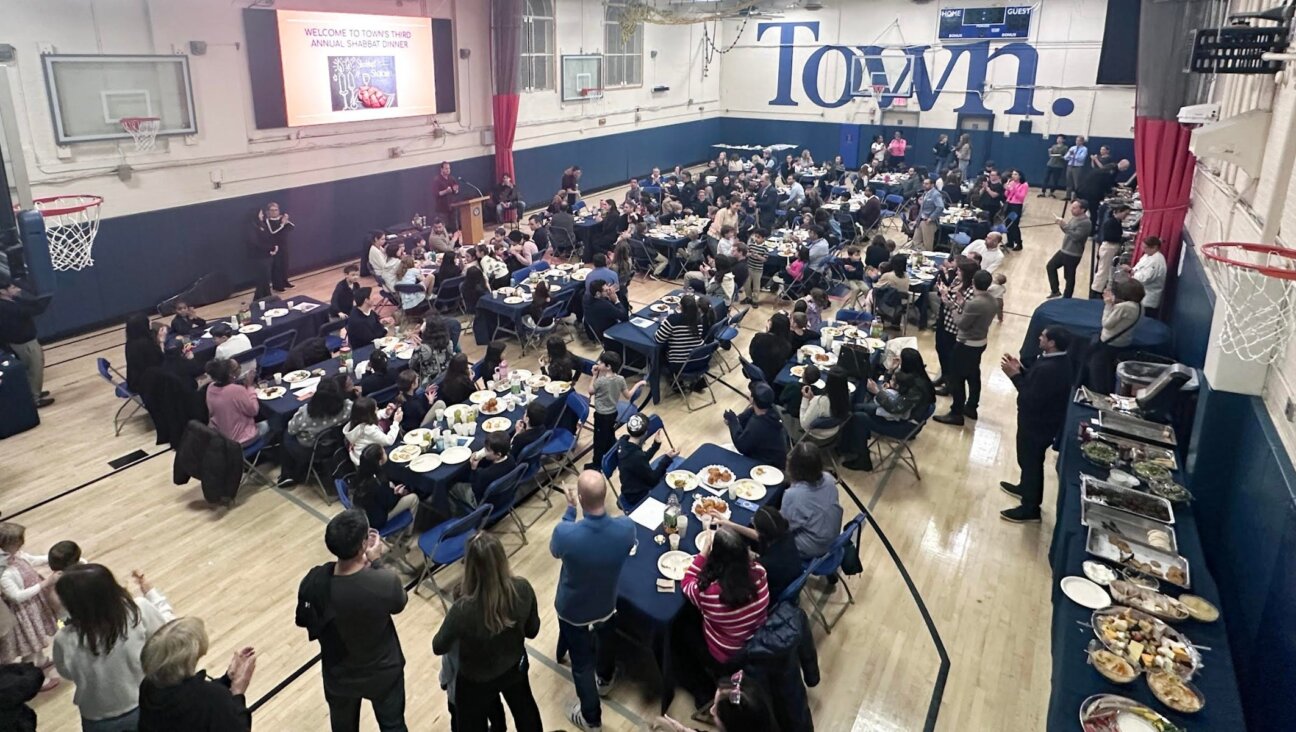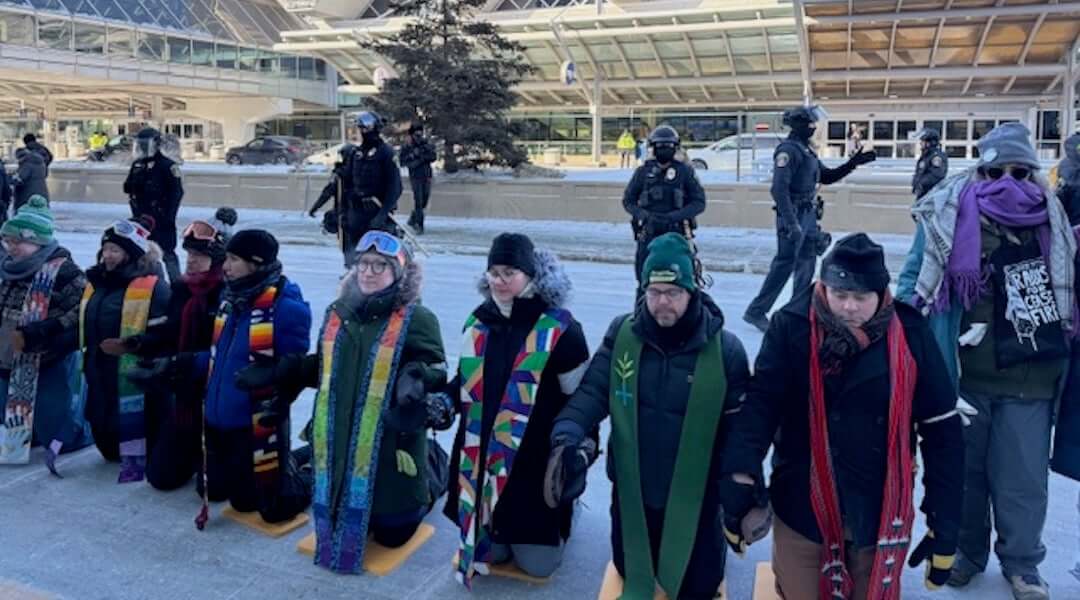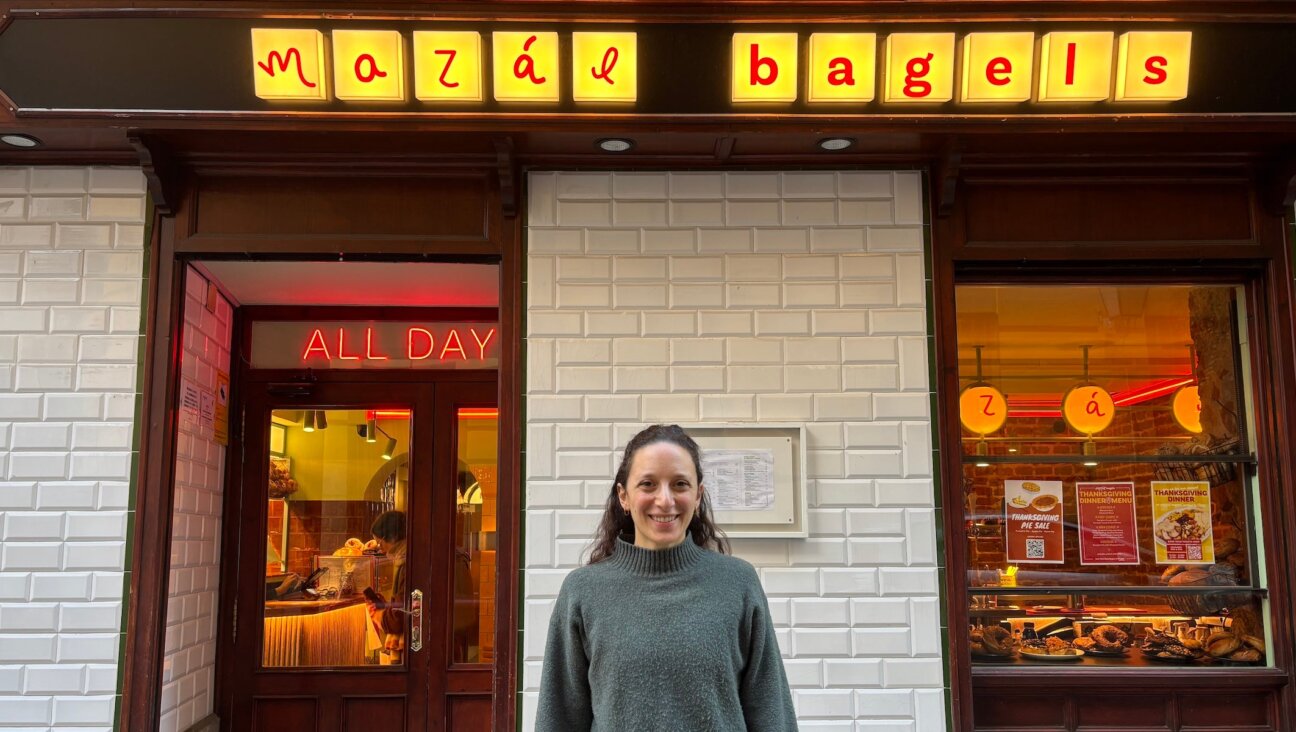Archeologists Find Evidence of Early Jews
Archaeologists at a controversial site in the Elah Valley Tuesday announced a discovery that should further stir up the scholarly debate over the Bible’s historical veracity.
Two small containers, one of clay and one of stone, unearthed at Khirbet Qeiyafa near Beit Shemesh, are believed to be the first-ever archaeological evidence of Judean ritual dating from the time of David, about the 10th century B.C.E.
Furthermore, the models resemble the description of Solomon’s Temple in the biblical Book of Kings, say the head of the Hebrew University expedition to Tel Qeiyafa, Prof. Yossi Garfinkel, and his associate from the Israel Antiquities Authority, Sa’ar Ganor.
The ruin known as Khirbet Qeiyafa, on a rocky slope overlooking the Elah Valley in Israel’s western lowlands, contains remnants of a walled city dating back 3,000 years. Originally the walls rose to a height of some six meters. Along the walls, which still stand three meters tall in some places, archaeologists have discovered the remains of 99 dwellings.
According to Garfinkel, Khirbet Qeiyafa is the first proof of the existence of a regional government during the time of David. This evidence is a significant counter-claim to scholars who say David’s kingdom was nothing more than a meagerly populated village in the Jerusalem area. These scholars, known as minimalists, say that in the absence of extra-biblical support, Scripture’s depiction of David’s kingdom as large and powerful cannot be accepted.
For more, go to Haaretz.com













